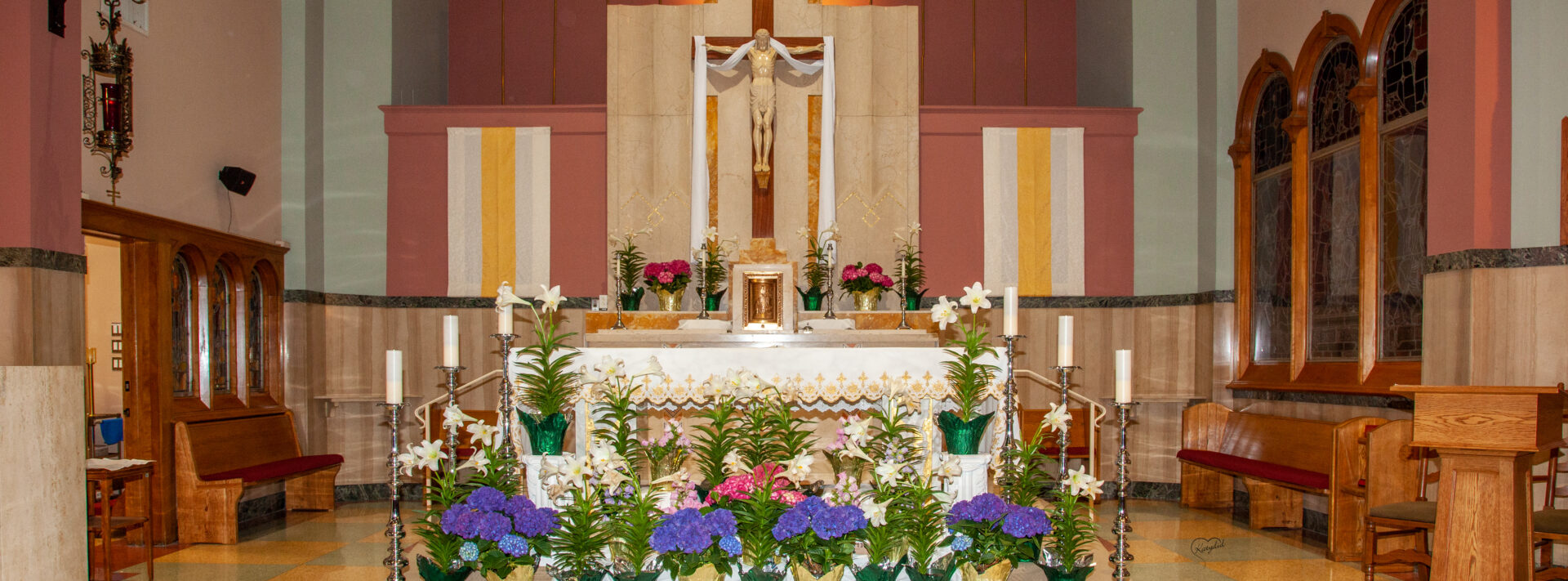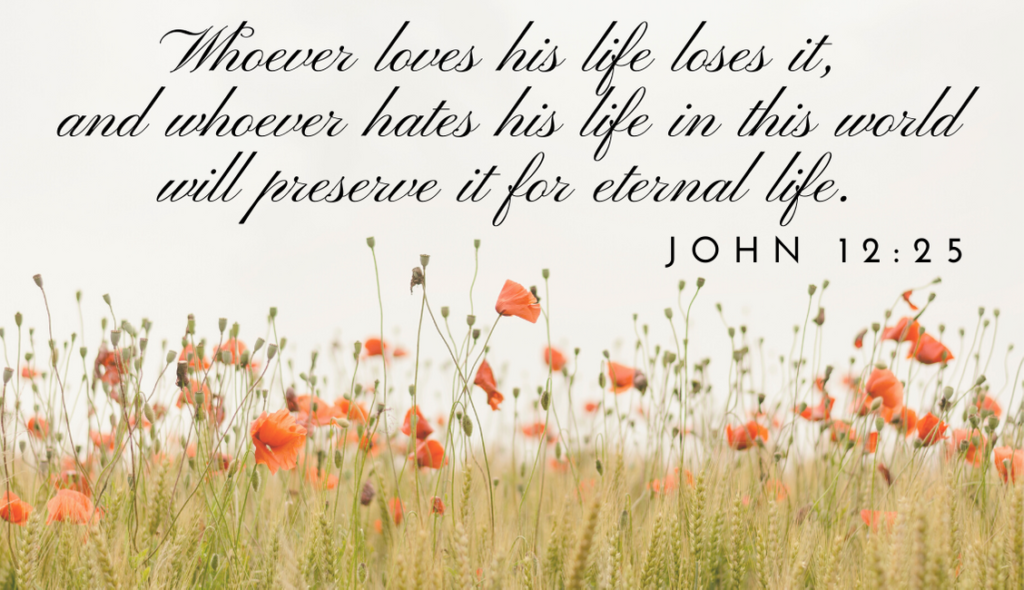What is it like to lose our life?
How hard is it to let go of our ego’s?
There was an article written in Catholic Review on January 19, 2012 that I found helpful as a different way of looking at losses in life that maybe helpful to you:
The ego vs. the spirit
I discovered a little meditation recently that I now include as part of my morning prayers. It goes as follows: “Good morning. This is God. I will be handling all of your problems today. I will not need your help. So have a miraculous day!”
Imagine how wonderful life would be if we could allow ourselves to believe that and to live that. It’s another way of saying, “Let go and let God.” Suppose we actually allowed God to run our lives rather than our ego running our lives. Most of us were raised to think we were to do good things for God. In reality, what we are called to do is to allow God to do good things through us. That’s a huge difference. Most of us have discovered that our best efforts don’t always pan out. We can torture ourselves with thoughts that “we’re just not good enough. We haven’t done enough.” That’s our ego stressing us. “I can do all things through Christ who strengthens me” is allowing God to work through us.
I’m often asked, “What exactly do you mean by ego?” Put most simply, our ego is our way of being in the world. Our ego is what I call the “little me,” the part of us with worries, fears, doubts, stress, and so on. Our ego feels separate and alone, and is always trying to prove itself. Our “true self” our true identity is with our spirit, with the image and likeness of God that we are created in. The world wants us to forget our true identity, which is why Christ came to save us from the world.
What are some signs that the ego, rather than God, is running our life? Here are a few examples:
First, I am easily offended. The ego loves to be at odds with others. “Did you hear what she said, or what he did?” The spirit, by contrast, is always peaceful and forgiving. The spirit is never offended by anyone’s attitude toward me. “Father forgive them, they don’t know what they’re doing” is the highest form of forgiveness. A practical axiom to follow is, “What someone else thinks of me is none of my business.”
Second, the ego has the need to win. Games of competition can be fun as long as we don’t identify too much with the outcome. The ego identifies with winning. The spirit identifies with the fun. Years ago, when the Baltimore Colts were moved to Indianapolis, people, including my ego, were saying, “It’s a tragedy!” The great Colt player, Artie Donovan got it right. He said at the time, “A kid with cancer, that’s a tragedy. A football team leaving town, that’s not a tragedy.” That was the spirit speaking.
Third, the ego loves to be “right” to be “superior.” We can have “institutional egos” as well. “My team is better than your team. My country is better than your country. My religion is better than your religion. My God is better than your God.” Killing in the name of God is an example of egos infiltrating even religions. The spirit always says, “Love your neighbor as yourself.”
A fourth sign of ego is always wanting more. It’s never enough. The ego needs more. By contrast, the spirit, rather than wanting more, is grateful for what it has. A state of gratitude is an infallible sign of the presence of the spirit.
A fifth sign of the presence of ego is that we find our identity in our achievements or reputation. The spirit, by contrast, finds its identity in its love for others.
Obviously, I could keep going on with this list. The challenge is just to be aware. We can choose to allow our ego to run our lives. We can choose to allow God to run our lives. As Father Fred Cwiekowski said to me many years ago in the seminary: “If Jesus is not Lord of your life, something else will be.”

